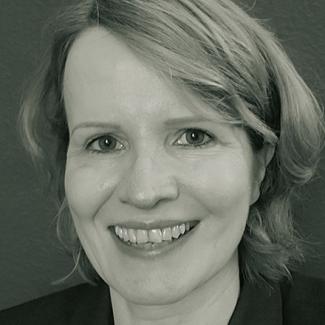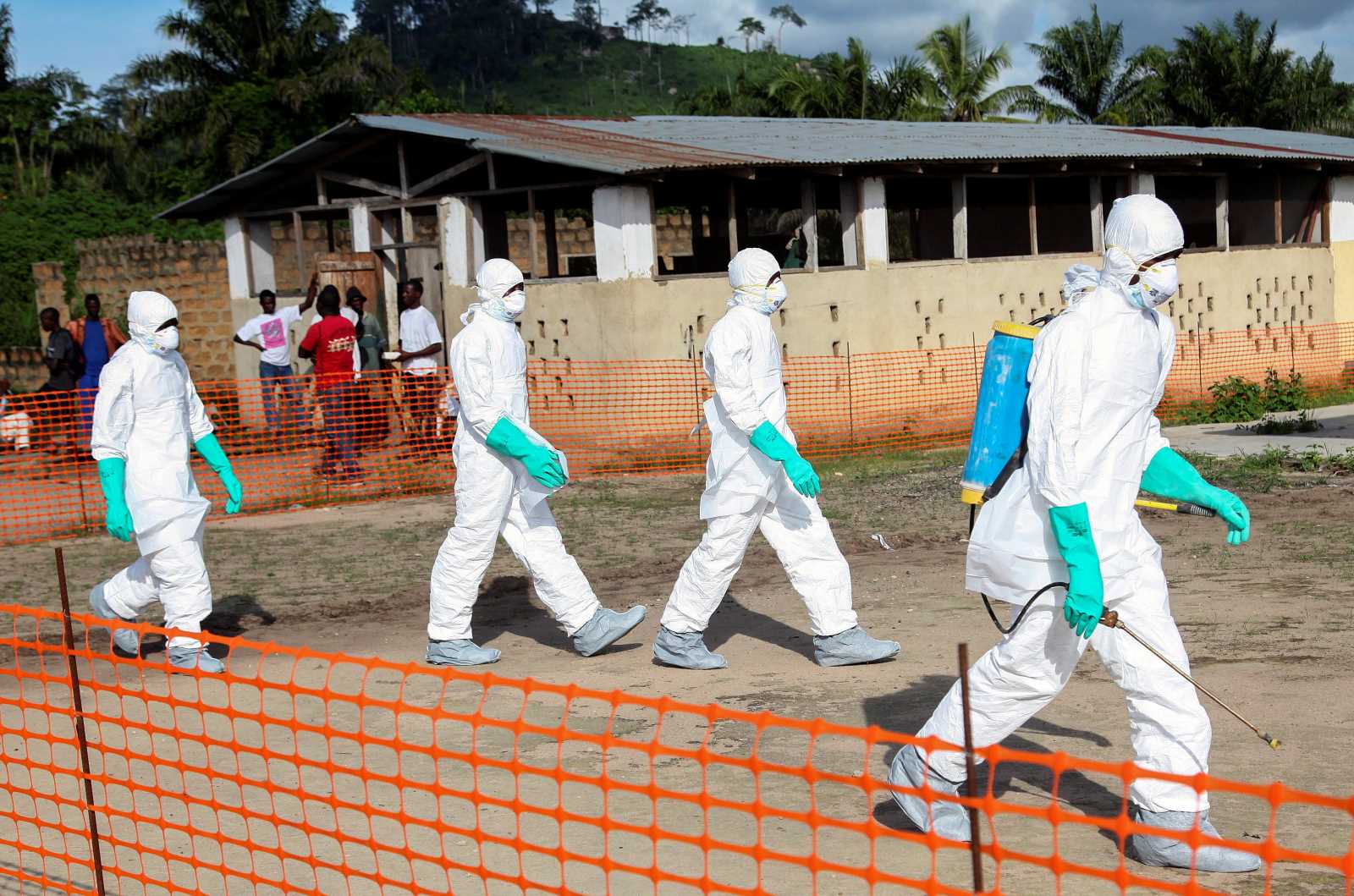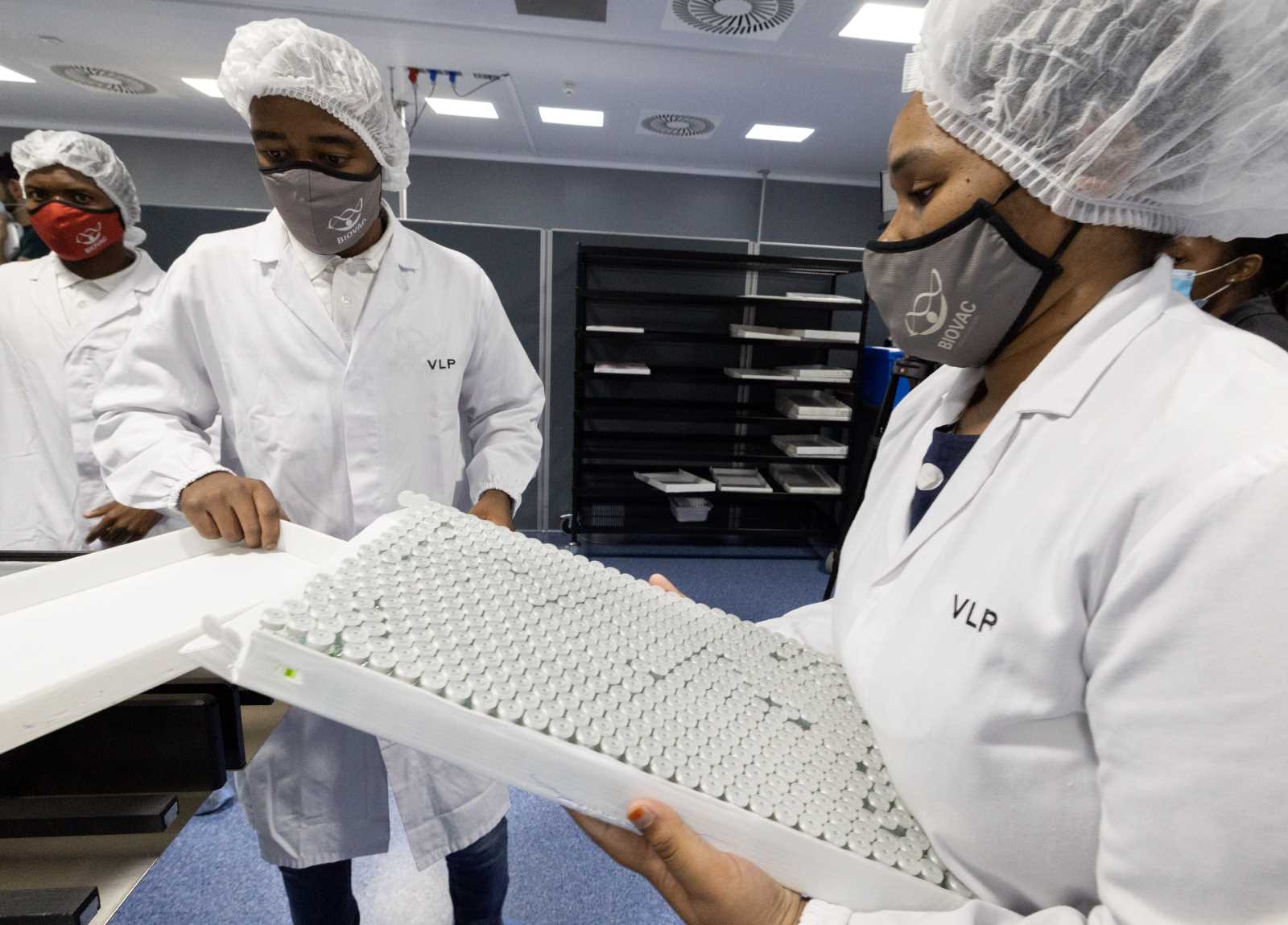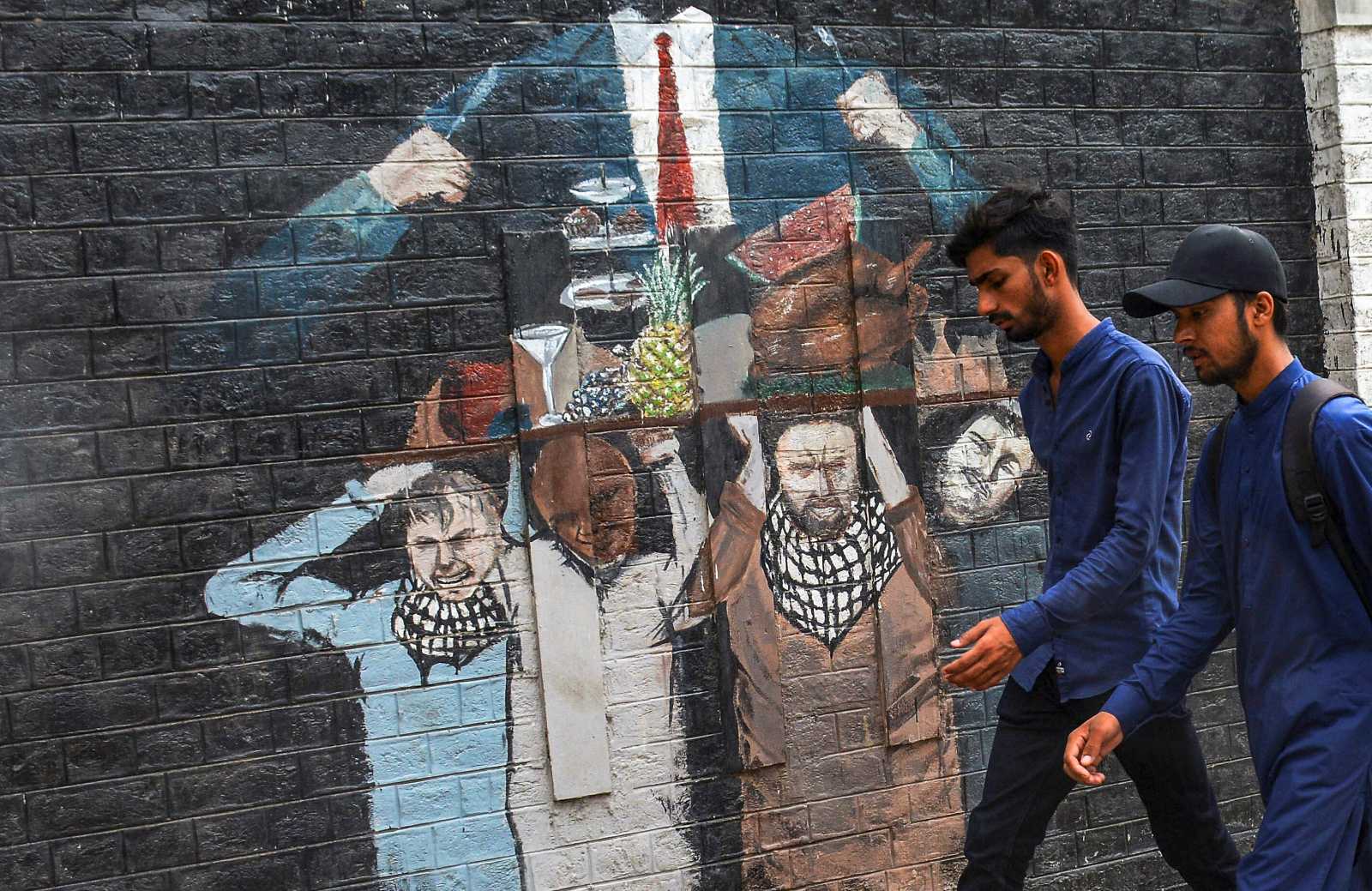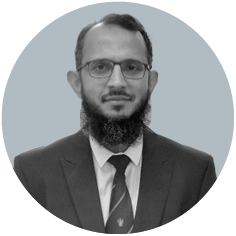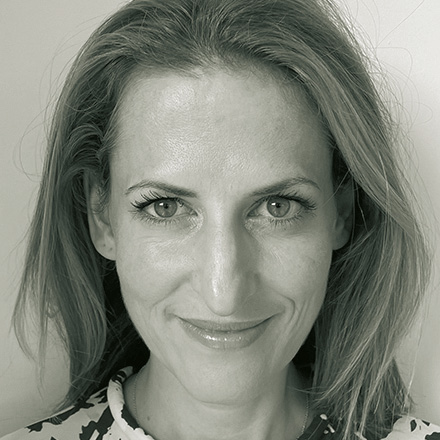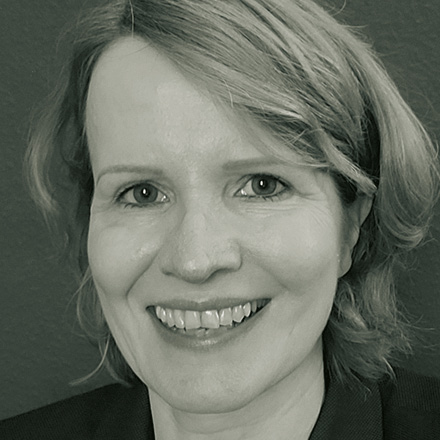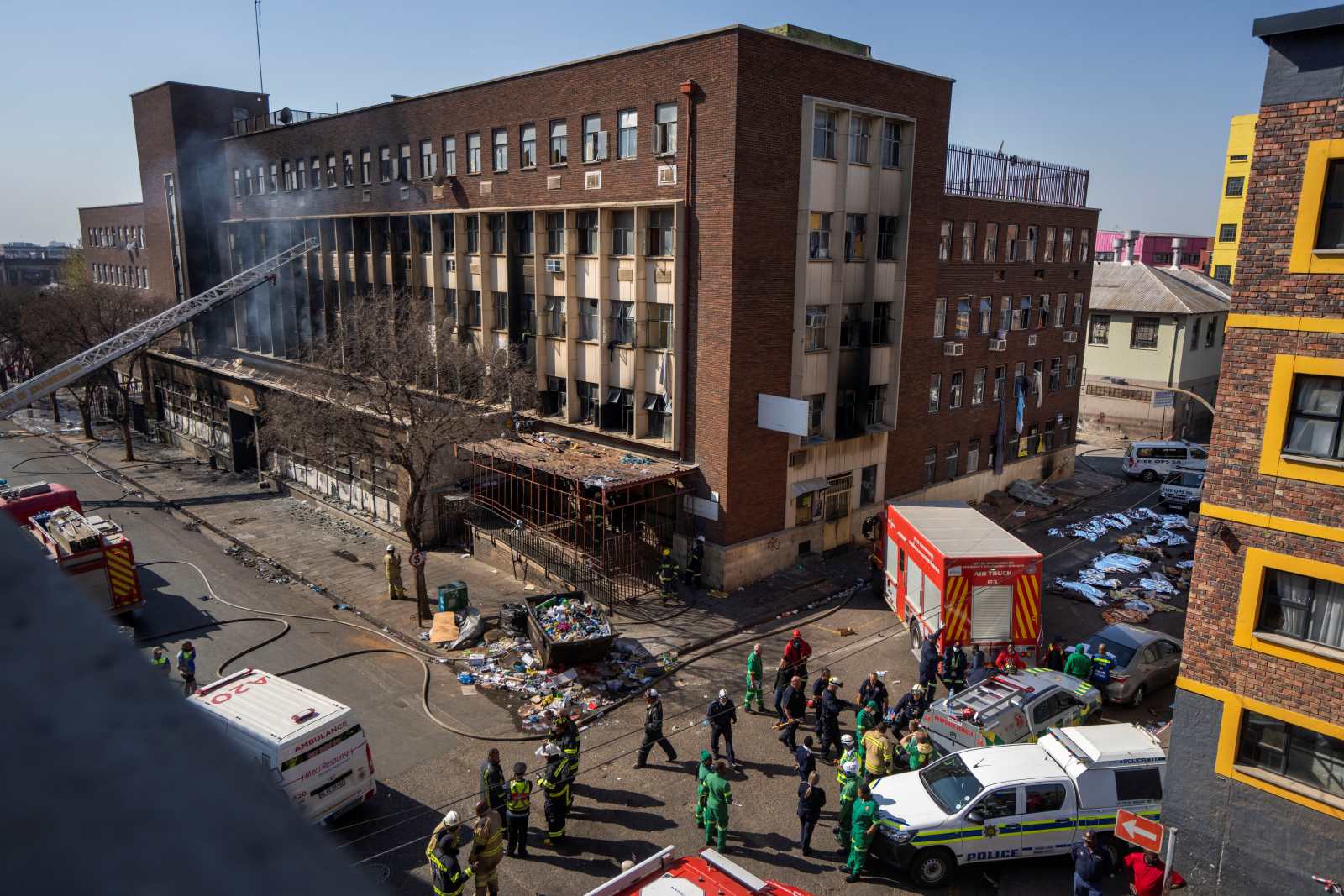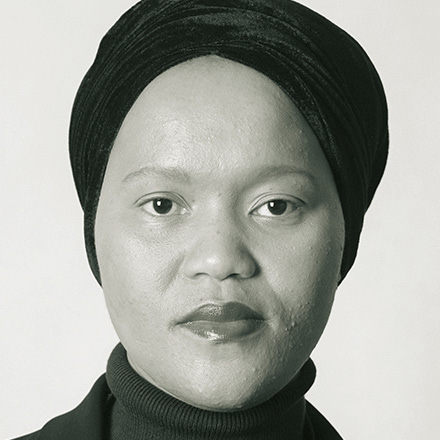Medical care
Supporting local vaccine production in Africa
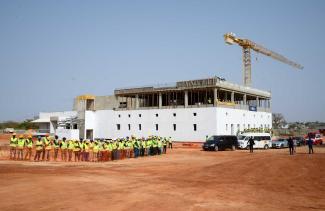
Vaccines against Covid-19 were considered an important milestone in the effort to control the pandemic. In the beginning, though, they were scarce and later unequally distributed: they were significantly more available in industrialised countries than in middle- and low-income countries. Vaccines often do not reach the places where they are urgently needed because of a lack of infrastructure and inadequate health systems. Over 30 countries around the world are considered fragile; most of them are located on the African continent. The crises and armed conflicts that dominate the region are an enormous impediment to the distribution of vaccines.
The expansion of vaccine and pharmaceutical production in African countries – especially after the Covid-19 pandemic – is an important tool to combat and prevent future global pandemics, as well as to fight widespread infectious diseases like malaria and tuberculosis. It is also of vital importance given Africa’s emerging sharp increase in noncommunicable diseases such as cardiovascular diseases, metabolic diseases and cancer.
Financing vaccine production
The African Union (AU) has set itself the goal of producing around 60 % of all the vaccines it needs in Africa by 2040. Germany has supported the AU and its member states in this effort since 2021 and is promoting bilateral and multilateral projects within the framework of development cooperation. It is engaged in close dialogue with European partners and private industry and is involved in multilateral organisations, for instance to develop new financing mechanisms like the African Vaccine Manufacturing Accelerator (AVMA), which was launched by the public-private vaccine alliance Gavi.
Engagement and activities in this area are therefore multifaceted and multilayered, just like actors and challenges. For that reason, coherent coordination and integration of initiatives by various multilateral donors is key. Germany’s involvement is closely embedded in a pan-European approach that comprises the European Commission as well as other EU member states. Within the Team Europe Initiative MAV+, vaccine and pharmaceutical production in Africa is being promoted in a coordinated way. These efforts are based on the insight that it is not enough to simply build factories. Instead, successful private sector investment requires a “conducive ecosystem”.
Creating this specifically involves:
- developing and strengthening regulatory authorities to approve locally produced medical products and ensure quality,
- developing a local entrepreneurial ecosystem to promote private industry,
- education and further training of professionals specialising in vaccine and pharmaceutical production,
- infrastructure development,
- access to financing,
- technology transfer and
- targeted support to make locally produced medical products competitive on local markets.
All efforts should be coordinated and partner-oriented at the national and international level.
African companies produce vaccines
This is precisely where German development cooperation comes in. It can already point to some successes. For example, nine African companies are already producing vaccines, including Aspen and Biovac in South Africa and the Institut Pasteur de Dakar in Senegal. They are joined by several smaller manufacturers in North Africa (Algeria, Egypt, Morocco and Tunisia) and Ethiopia. German development cooperation has not (co)financed any investments by companies, but instead has supported partner governments in establishing the necessary national framework for these investments.
Yet it is not enough to produce vaccines and medications. They must also be approved, purchased and distributed. This is the role of the African Medicines Agency (AMA) and the aforementioned financing mechanism AVMA by the vaccine alliance Gavi. In future, AMA should coordinate the standardisation of medical product regulation in Africa, pool expertise and capacities and monitor select medical products from a regulatory standpoint. As of June, AVMA is absorbing the initially higher production costs of African manufacturers. It will continue to do so for a period of ten years. This measure should help manufacturers stay competitive in the medium term, especially against competitors from Asia.
Despite various successes, many challenges remain: climate change and the associated rise in certain diseases, political conflicts and wars combined with shrinking development budgets in many donor countries are increasingly decoupling financial resources from the need for support. The majority of initiatives require good coordination, and fading memories of the horrors of the pandemic are shifting priorities on the political agenda. Promoting local vaccine and pharmaceutical production, however, is about more than just one (trendy) issue. It is about sustainable health and economic development, which are central to German development cooperation with Africa and also reflected in the Sustainable Development Goals (SDGs) of the 2030 Agenda.
In order to adequately meet rising needs in light of expanding crises and smaller development budgets, international coordination and market design are required. Since vaccine manufacturing is a bulk business, not all countries can establish their own production. As a matter of fact, they should not, if the sector is to be economically sustainable. The same is true for other pharmaceutical products. It therefore makes sense to provide targeted support wherever the chances of success in the market are highest.
Sales market for locally manufactured pharmaceutical products
Another essential success factor for local production is the assurance that the products can be sold. Without this, African manufacturers will not be able to produce a business model. Therefore, it is essential that African partner countries and multilateral organisations like UNICEF and Gavi likewise commit to purchasing regionally produced products.
With AVMA, Gavi took an important step this year to transition African countries to independent production. Germany has made important contributions to this effort and will continue to support local production in Africa in order to keep working towards the goal of global health security.
The renewed mpox outbreak in Africa will be the first test of whether this can succeed. In reaction to rising case numbers, the WHO declared a public health emergency of international concern (PHEIC) on 14 August 2024.
In order to scale up the response, the WHO has released around $ 1.5 million from its Contingency Fund for Emergencies (CFE) and plans to release more. Moreover, the WHO is working with Gavi, UNICEF, Japan, the USA, the EU, Africa CDC and vaccine manufacturers to ensure fair access to vaccines, therapies, diagnostics and other supplies. Germany is donating vaccine doses, participating in the local response, providing funding and contributing additional services through its membership in the aforementioned organisations. Time will tell whether these efforts have an impact.
We know that the next pandemic is not a question of “if” but rather of “when”. Early prevention, therefore, is a good investment in the future.
Link
African Union Development Agency (AUDA-NEPAD): African Medicines Agency (AMA).
https://www.nepad.org/microsite/african-medicines-agency-ama
Anna Lotte Böttcher is a Senior Policy Officer in the division for Global health policy and financing in the German Federal Ministry for Economic Cooperation and Development (BMZ). Her portfolio includes promoting local vaccine and pharmaceutical production in Africa.
annalotte.boettcher@bmz.bund.de
Katja Pohlmann is the head of BMZ’s division for Global health policy and financing. Her responsibilities include important global financing institutions such as the GFATM, Gavi and GPEI.
katja.pohlmann@bmz.bund.de

